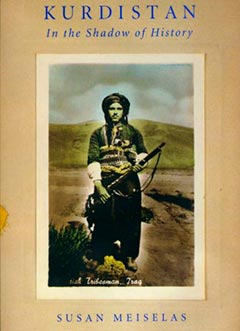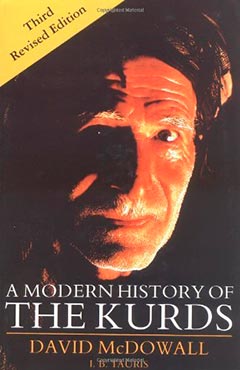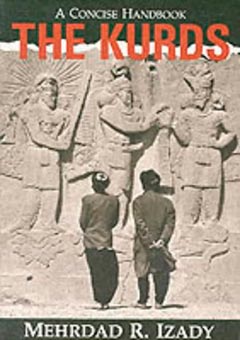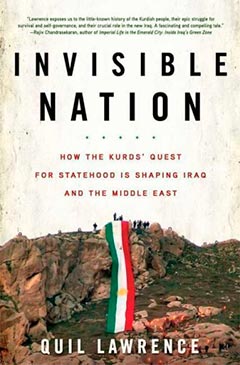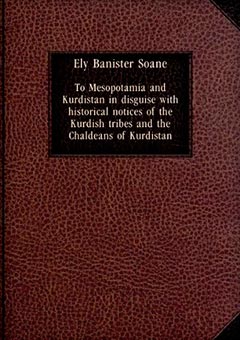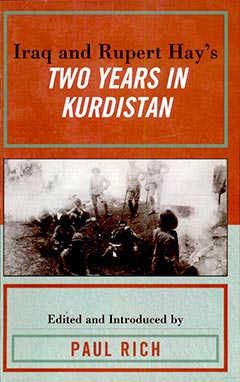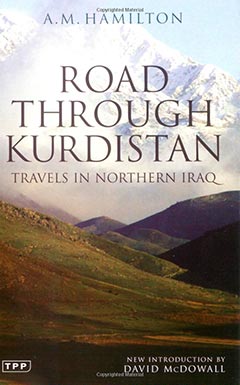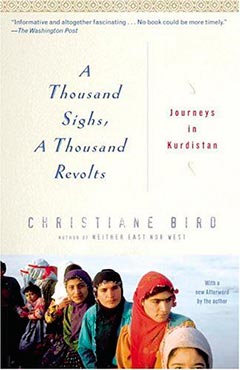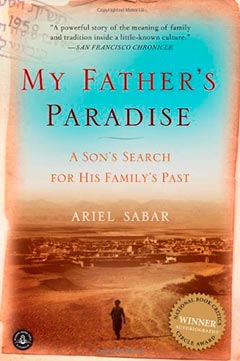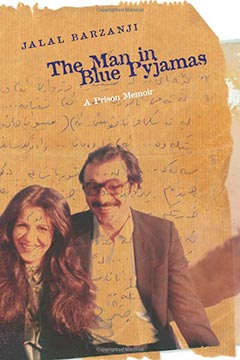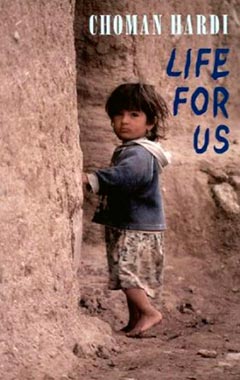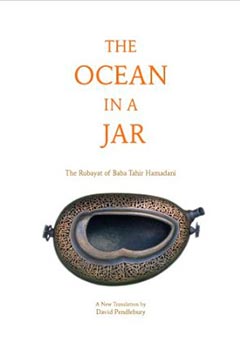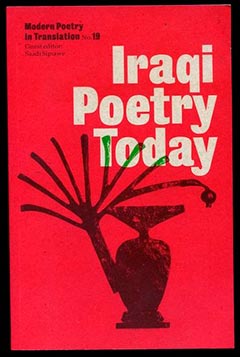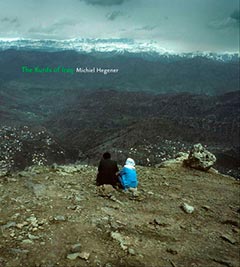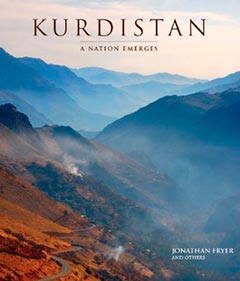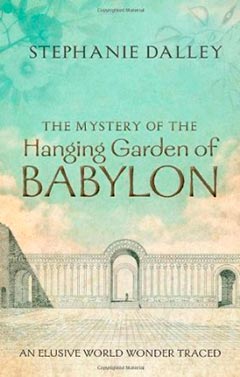Kurdistan: In the Shadow of History
Susan Meiselas, 6 Jun 2008
Kurdistan was erased from world maps after World War I, when the victorious powers carved up the Middle East, leaving the Kurds without a homeland. Today the Kurds, who live on land that straddles the borders of Turkey, Iran, Iraq, and Syria, are by far the largest ethnic group in the world without a state.
A Modern History of the Kurds
David McDowall, 24 Oct 2003
In this detailed history of the Kurds from the 19th century to the present day, McDowall examines the interplay of old and new aspects of the struggle, the importance of local rivalries within Kurdish society, the enduring authority of certain forms of leadership and the failure of modern states to respond to the challenge of Kurdish nationalism.

